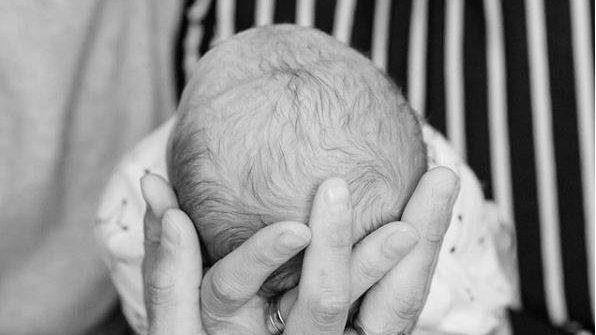'I've had seven babies for other families'
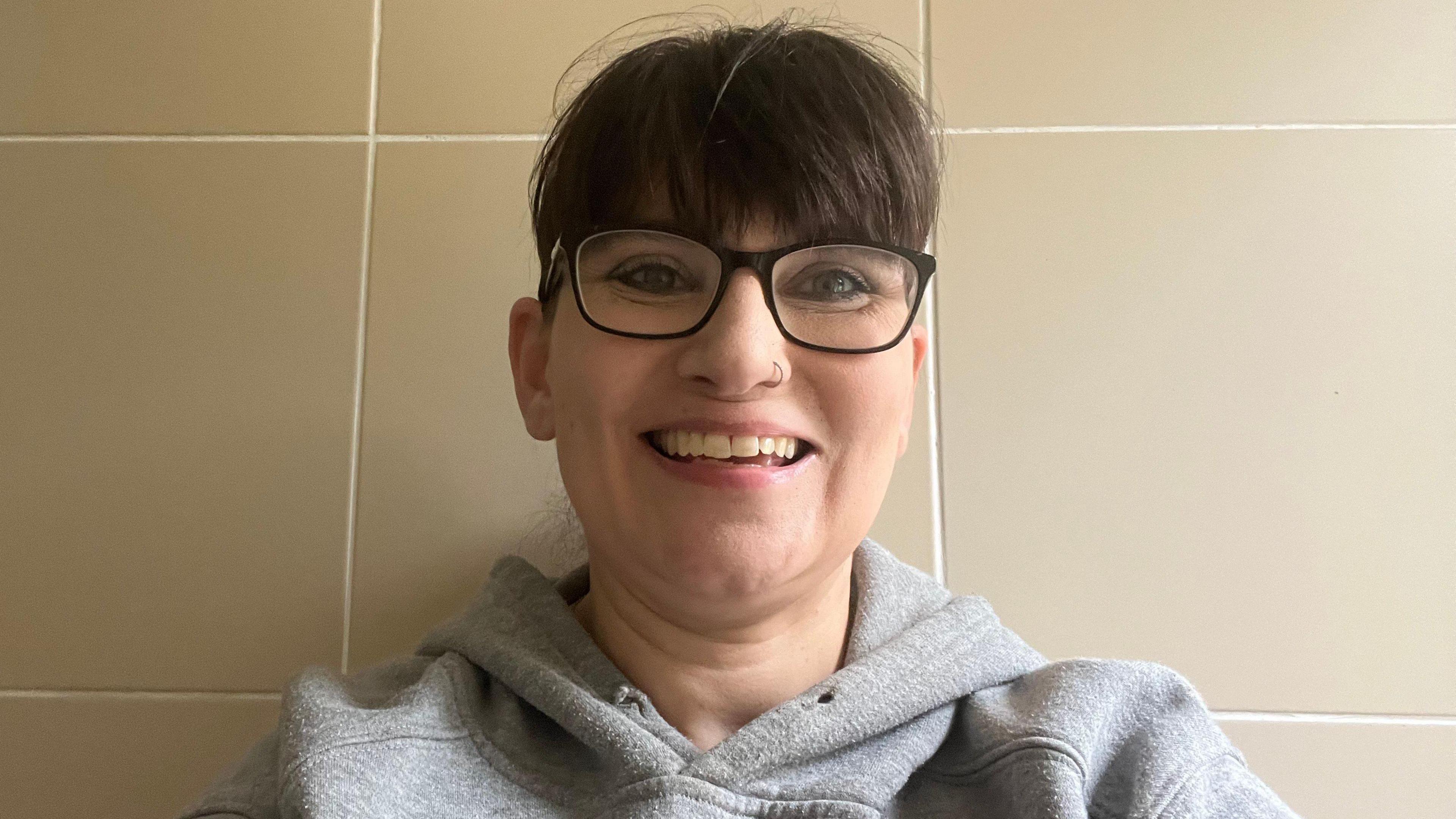
Emma Pilarz has had nine children - seven of them for other people
- Published
Emma Pilarz is a mother-of-two from Barnstaple in Devon. But she has given birth nine times – seven of the babies were for other people.
She is one of a handful of surrogates across the south-west of England who have been telling the BBC why they chose to become a surrogate as the practice comes under increasing scrutiny.
"I'd had my two kids - a boy and a girl, and I was happy with that," Emma said as she explained how she first became interested in surrogacy.
"But my sister was having trouble getting pregnant... we didn't need to go down that road in the end, but I just thought I'll look into it and never looked back."
That was in 2008. Emma went on to have seven surrogate children for five families over the course of nearly a decade.
Emma has had both traditional surrogate pregnancies, involving her own eggs; and gestational surrogate pregnancies – in which the embryo is created through IVF (in vitro fertilisation).
She said: "I did suffer with quite a lot of sickness, but once I got that out of the way, they were fairly straightforward. And I always gave birth quite quickly, so it seemed... I was good at having babies".
Although Emma is one of a small number of surrogates in the region, statistics suggest the practice is on the rise.
The number of parents having a baby using a surrogate in England and Wales has almost quadrupled in the last 10 years, according to the most recent data.
These figures, from family court records, also show more than 400 children are born a year through surrogacy in the UK.
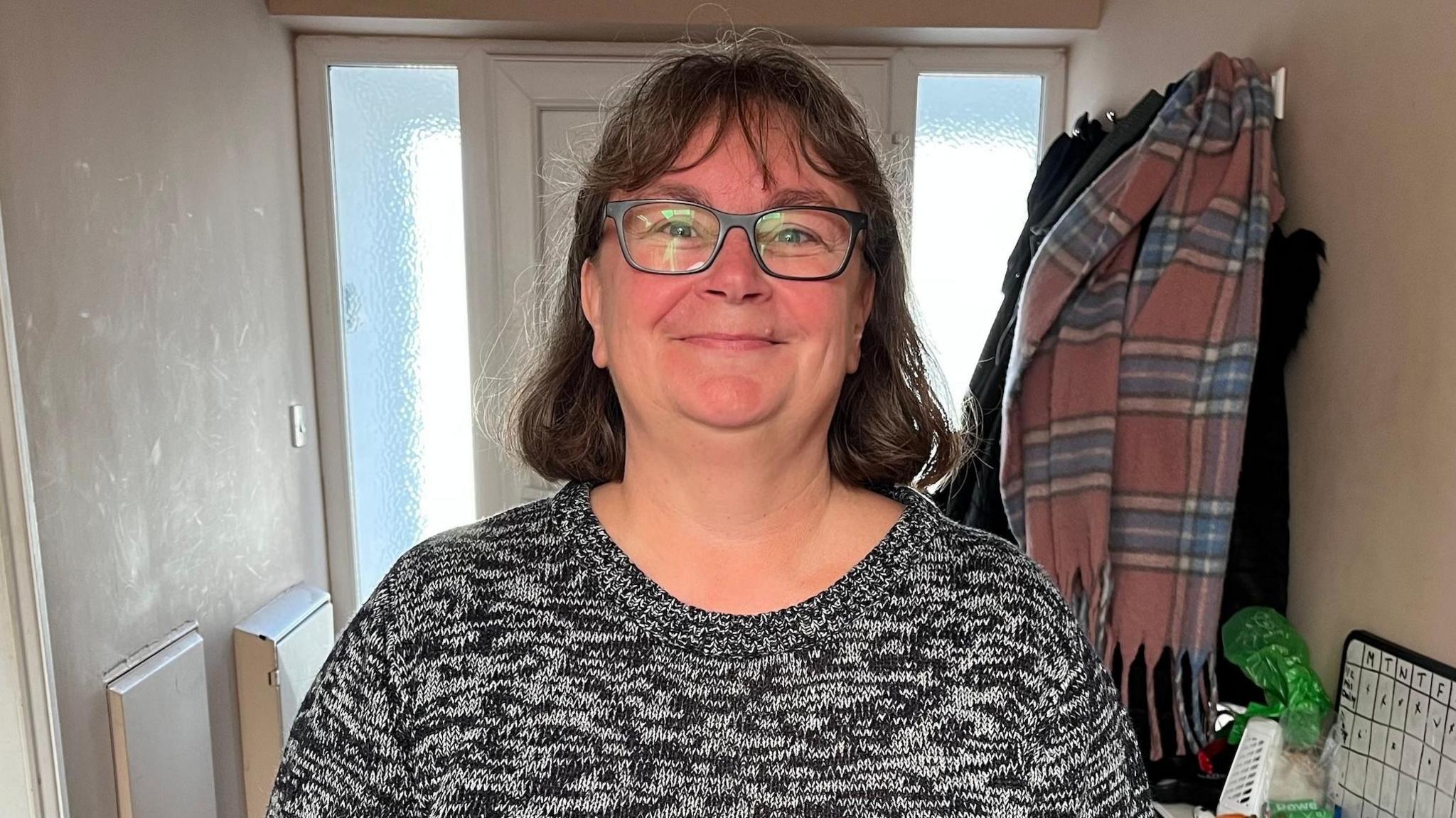
Plymouth mum Helen Johnson has had two surrogate children for two couples
Helen Johnson, from Plymouth, has been a surrogate twice.
She was already a mother-of-five, including a stepchild, when she was moved to become a surrogate after she "watched a TV programme and said to my husband – I could do that".
She said: "The idea that some people could never have children, it broke my heart.
"I wanted to help, and provide them with that opportunity".
She went on to have two children for two couples through the agency Cots (Childlessness Overcome Through Surrogacy).
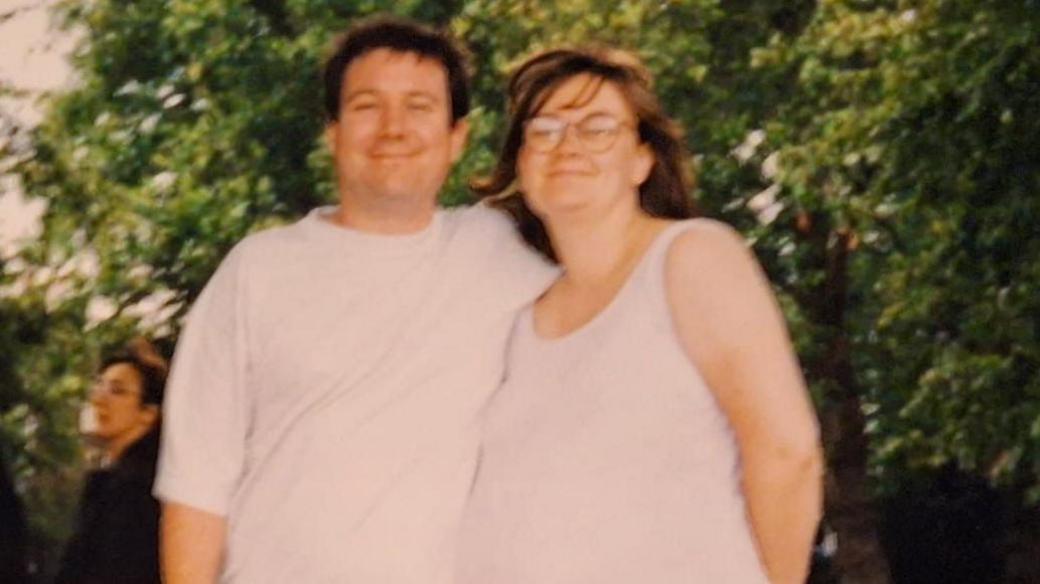
Helen Johnson has given birth six times, twice for surrogate families
Helen is still in contact with both of them but is very clear of her role.
She said: "They stay in touch, they send me photos of nice moments – a basketball medal, or playing guitar.
"They both have very proud mothers and that's brilliant."
Helen's own eggs were used for her surrogate pregnancies. They were artificially inseminated with sperm from the father of the surrogate child.
This "traditional surrogacy" was for practical reasons as "I had young children of my own, I didn't have time to get to numerous IVF appointments".
It is a frame of mind shared by Tabitha Divall, from Taunton, Somerset, that traditional surrogacy "was just easier and got the process moving more quickly", she explained.
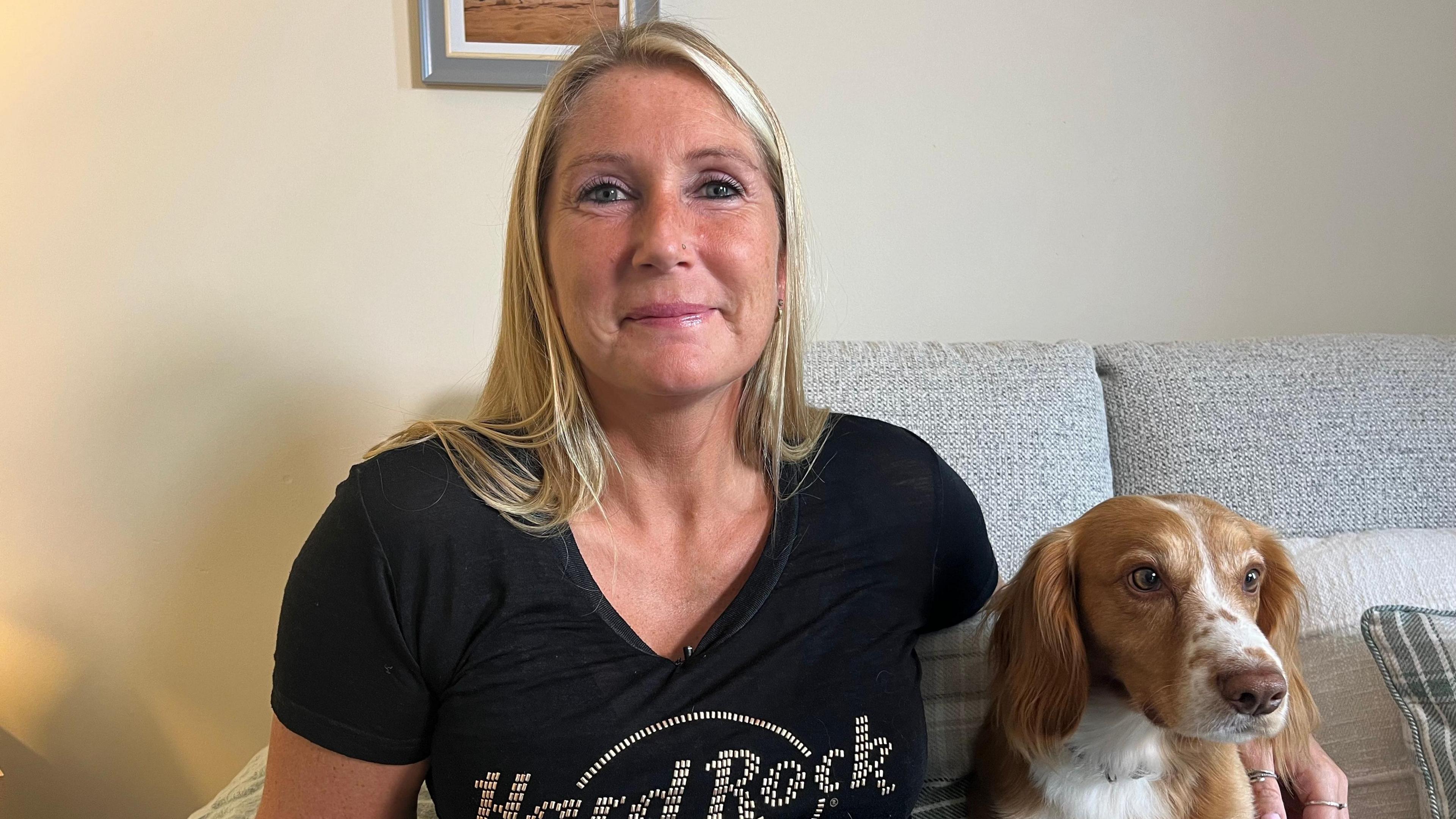
Mum of four Tabitha Divall from Taunton said becoming a surrogate was the best decision she had ever made
Tabitha has four children with her husband, but has given birth eight times in total.
She said: "I would do it [surrogacy] a thousand times over... if my body would let me".
Tabitha has had two surrogate siblings for one couple, with two surrogates born for two other couples.
"If I tell people I've been a surrogate, they're shocked. There's a lot of curiosity," she said.
"I've had bad comments, but it's the best decision I've ever made to help someone else have their own little family. I wish more knew about it."
The legality
Surrogacy is legal in the UK, but the surrogate cannot be paid – only pregnancy expenses can be provided.
It is known as an altruistic system, rather than the commercial model that some countries such as the United States of America operate.
Advertising surrogacy in the UK is also banned.
Kim Cotton was considered the UK's first surrogate when she gave birth in 1985 - the current laws were introduced shortly afterwards.
However, Kim herself said the legislation was "rushed through and now it's not fit for purpose – time has moved on".
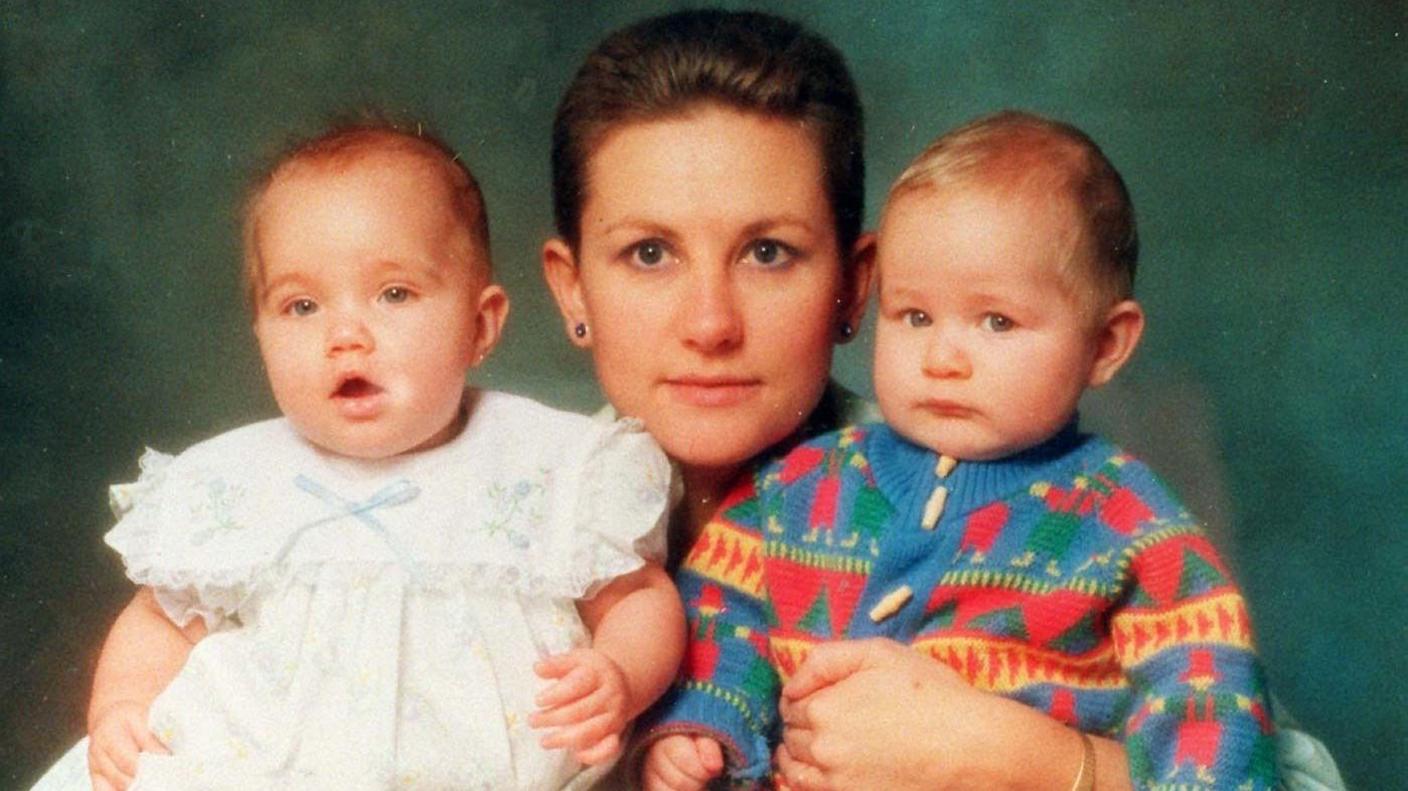
Kim Cotton - the UK's first recorded surrogate - pictured here with the twins she carried for her second surrogate family in 1991
She said: "If the surrogate is married, both she and her husband have to be on the birth certificate. That is so wrong.
"It leads to months of protracted legal wrangling for all those involved."
She went on to set up the Cots agency to help people build surrogate families.
But last month, after facilitating more than 1,000 pregnancies, she closed it because she said she could not keep up with demand.
She said: "A few years ago same-sex couples began to be able to build their own families and, since then, the floodgates have opened.
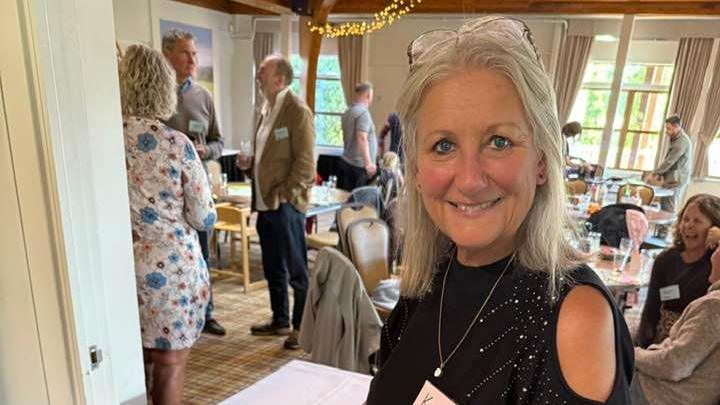
Kim Cotton closed her surrogacy agency due to "overwhelming demand"
"They're fantastic parents, no problem at all. But demand doubled overnight. But the supply of surrogates... it's got worse and worse."
Kim said she believed relaxing and clarifying the law would lead to more surrogates coming forward.
She contributed to a review of the legislation by the Law Commission of England and Wales in the hope of change.
In 2023, the Law Commission proposed reforms, including naming the surrogate parents as the legal parents from birth.
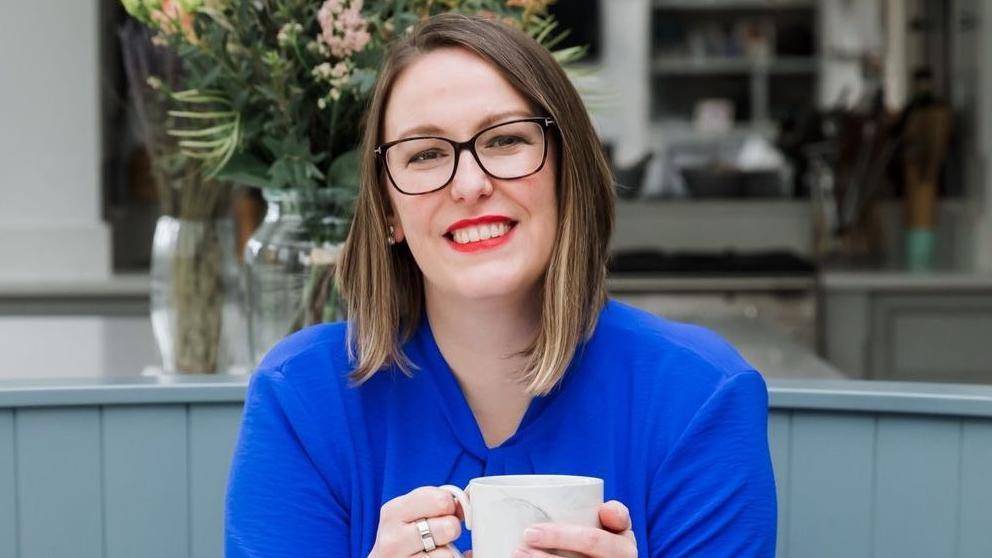
Lawyer Natalie Sutherland said if it was not updated surrogacy could become marginalised
It would also allow the advertising of surrogacy services, and it would publish a clearer set of legislation. But the suggestions have yet to become law.
Some experts argued, if the law stayed "outdated", the practice could become marginalised.
"As professionals in this space, we don't want exploitation; of course we don't. Sadly, there are bad actors that will exploit people," explained Natalie Sutherland, a partner at the International Family Law Group.
"But I don't think that banning something is going to stop it.
"Better regulation is the answer, so that everybody is better protected - most importantly, the children."
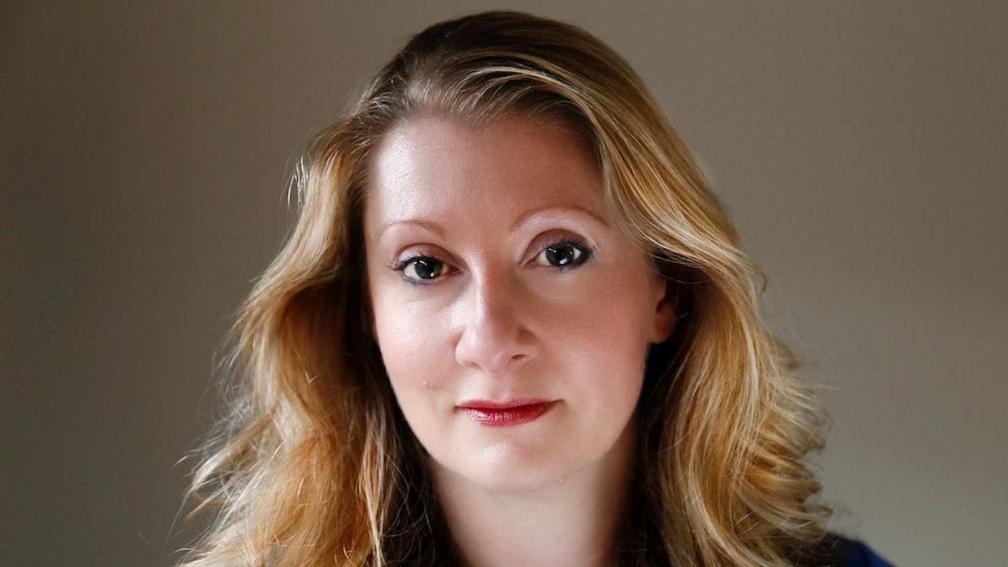
Lexi Ellingsworth, from Stop Surrogacy Now, said she believed the law needed to be "tightened"
However anti-surrogacy campaigners point out that there can be a dark side to surrogacy and they believed that, ultimately, it took advantage of vulnerable people.
"Surrogacy is essentially the commodification of a woman's body, so she's dehumanized to essentially a bodily function. The child is essentially the end product," said Lexi Ellingsworth, from Stop Surrogacy Now.
She added: "There are relatively low numbers of surrogate children being born in the UK, but those women can still be exploited.
"We need to explore what their reasons are, and we need to tighten up the laws, not relax them; and we need to ensure that children are not being imported into the country from exploitative situations overseas."
Regardless of the debate, one fact is undisputed: surrogates go through pregnancy and all that entails, but must then hand a baby they gave birth to over to someone else.
However, none of the women the BBC spoke to said they saw it as them giving away their own baby.
"The baby was for them, it was never for me," Tabitha said.
Helen felt the same: "I didn't ever have that mentality, that I was giving away a baby."
Emma agreed: "They never felt like my babies, so it wasn't anything that I struggled with really."
The BBC asked the government if the Law Commission's 2023 proposals will become law.
The Department of Health and Social Care said it supported the project to review the current surrogacy laws and does not intend to put forward the Law Commission's legislative proposals at this current time.
Follow BBC Devon on X, external, Facebook, external and Instagram, external. Send your story ideas to spotlight@bbc.co.uk, external.
Related topics
- Published16 October 2024
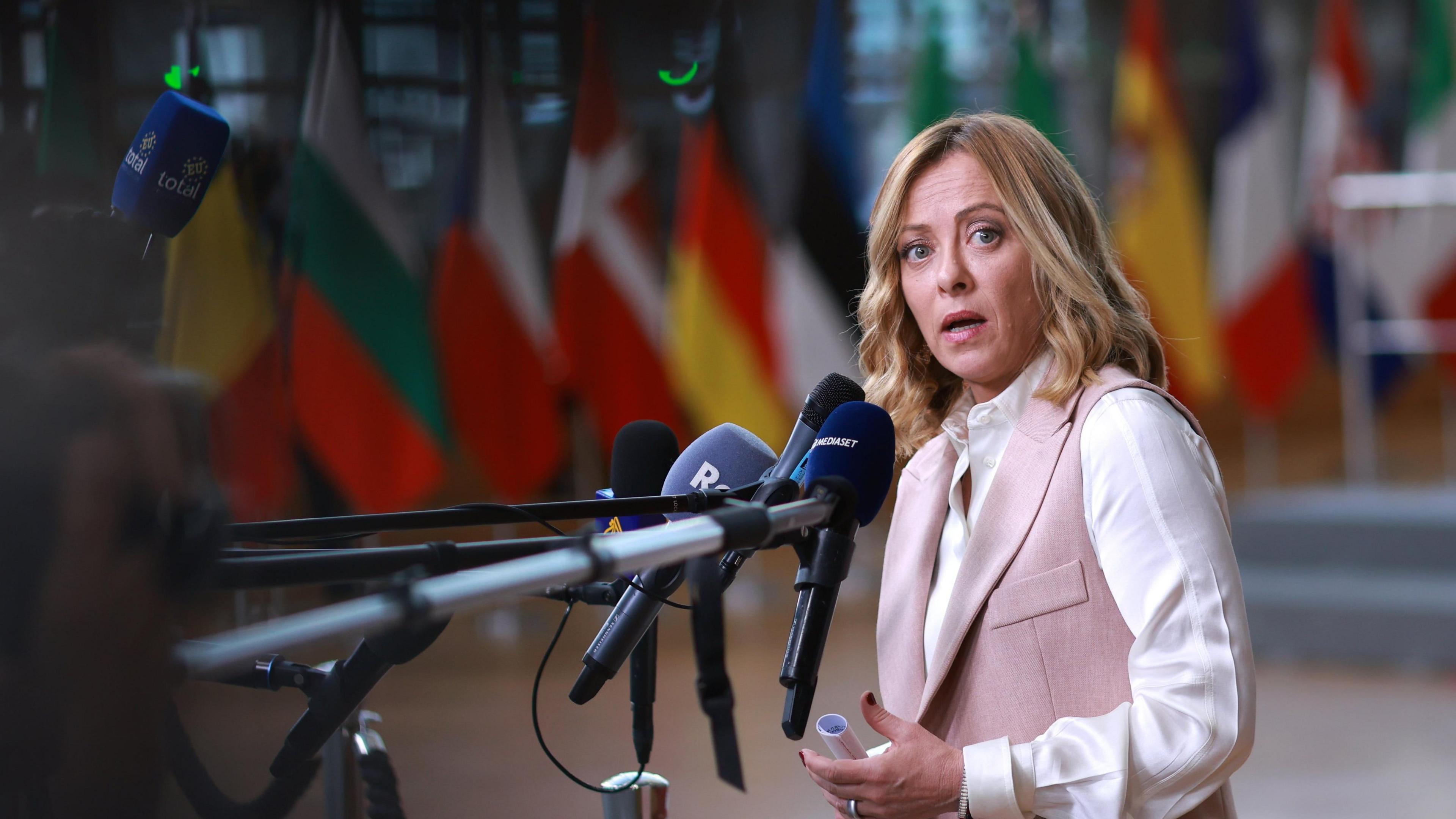
- Published5 July
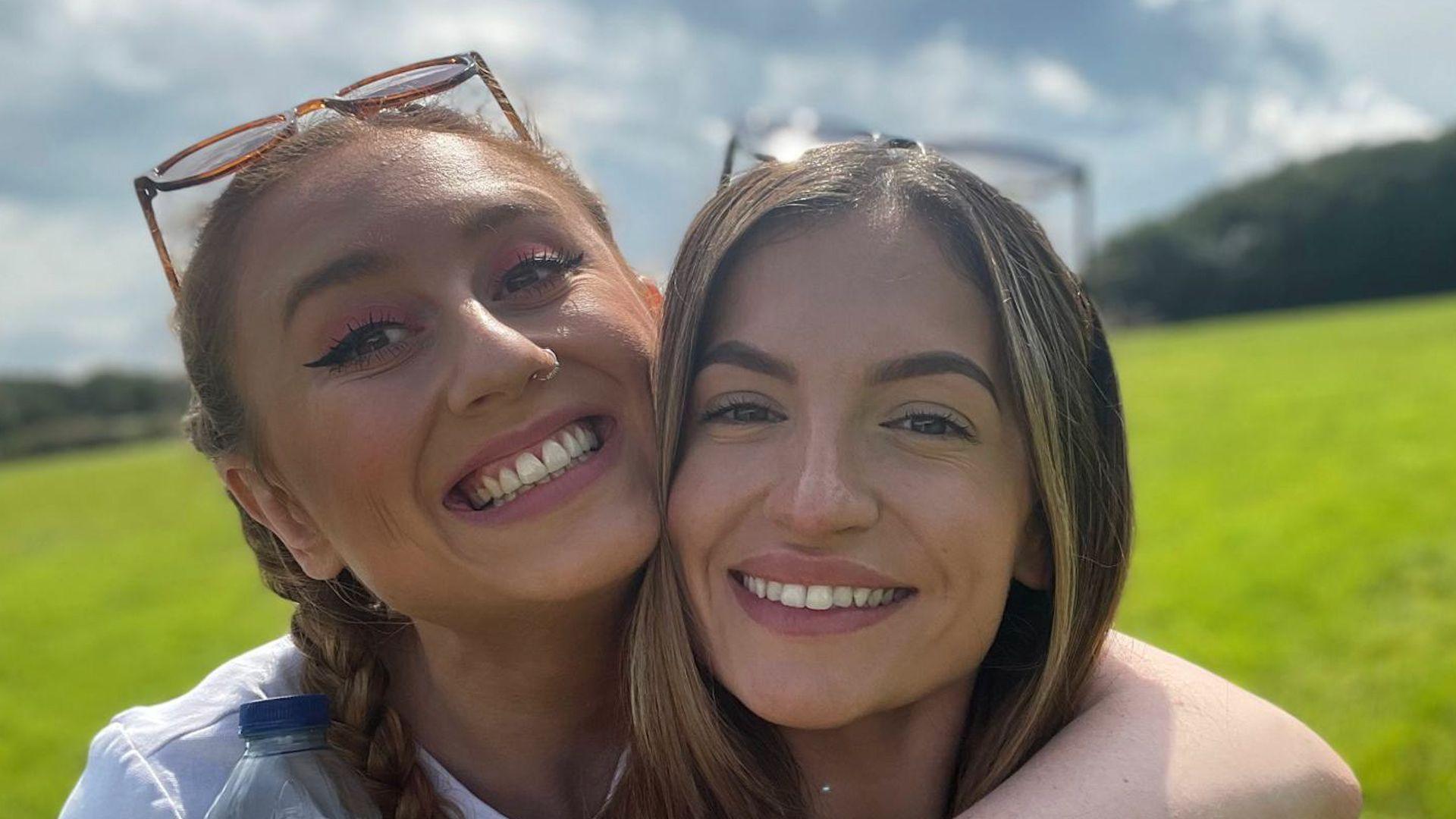
- Published30 June 2018
